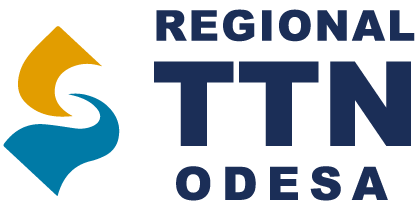COVID-19 infection chain detection application created in Europe
 A mobile application has been developed in the EU that will help to avoid contact with patients with COVID-19, as well as to track possible infection among friends of the patient.
A mobile application has been developed in the EU that will help to avoid contact with patients with COVID-19, as well as to track possible infection among friends of the patient.“Applications designed for digital contact tracing, if applied in accordance with EU rules, subject to strict coordination, can play a key role in all phases of the crisis response, especially during the gradual relaxation of social distance requirements”, – the statement said.
These measures, as noted, can be seen as complementary to the rules for contacting an infected person and can help to break the chain of distribution of the virus.
“Such contact tracking applications can be useful in containing coronavirus. But a prerequisite for their application is strict observance of the protection of private human rights. Although we must be innovative in using technologies to combat the pandemic, we must not violate our values and requirements for protecting privacy”, said Thierry Breton, European Commissioner for Domestic Market Issues.
It is expected that such applications will be installed on people’s mobile devices on a voluntary basis and coordinated by health workers. These applications are deleted immediately after they are no longer needed.
All personal data in such a network must be hidden, that is, volunteers register on this network exclusively anonymously, including those infected.
Bluetooth-based technologies should warn people about the approach of an infected person with a special signal on their mobile phone, which should encourage people to take additional precautions, switch to self-isolation or undergo testing for coronavirus.
A video is published that shows how this system will work.
The traditional system for detecting a dating network of infected people will also be used later, for example, for elderly EU citizens who do not use mobile devices, or for people with disabilities.
By April 30, EU medical authorities will evaluate the effectiveness of such applications at the national and cross-border levels. Until May 31, they must inform the European Commission of the action taken. The European Commission will publish a review report on the basis of the data provided in June 2020 with recommendations for further action.
Source: ukrinform.ua











